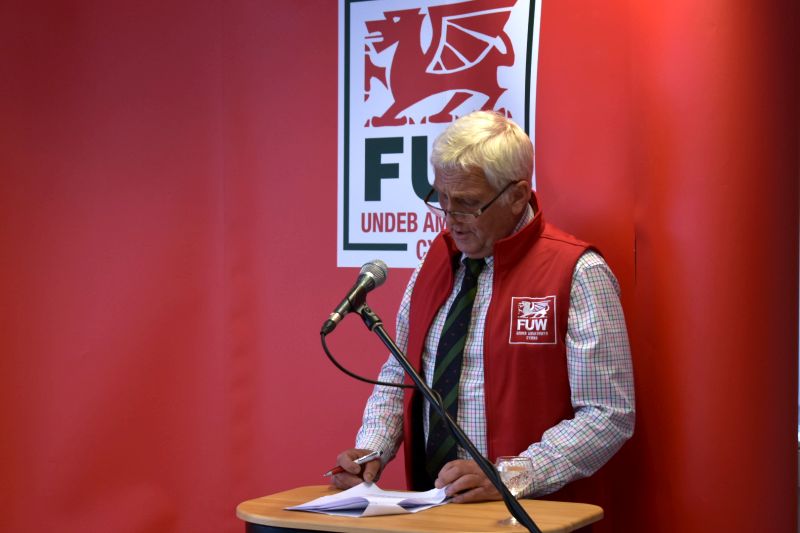
There is a "real sense of urgency" for government to clarify its position on rural funding for Wales after the UK leaves the EU.
The Farmers’ Union of Wales (FUW) has renewed its call for clarity on rural funding for Wales, following Defra Secretary Michael Gove’s keynote speech at the NFU Conference last month.
Whilst FUW President Glyn Roberts welcomed many of Mr Gove’s assurances, he said "certainty was needed" regarding issues of "critical concern" to Wales.
“With around thirteen months to go before we leave the EU, there is still no clarity over the post Brexit funding formula through which Wales will receive an allocation for agriculture and rural development, or how this will be protected in order to prevent distortion between the devolved nations in terms of how much is spent on key policy areas,” Mr Roberts said.
“The FUW has made it clear since June 2016 that Wales’ funding should continue at at least current levels, and clarity on this and other matters is essential.
“England seems to have had these assurances, yet Wales is still in the dark.”
'Lack of certainty'
Mr Roberts said the FUW welcomed Mr Gove’s assurance that devolved powers would not be diluted.
He also said that the UK Governments were working together on common frameworks, but highlighted the degree to which planning in Wales by both farmers and government was "hampered by a lack of certainty".
He added: “With the budget for the 2019 BPS due to be finalised in October this year, there is a real sense of urgency.”
Mr Roberts also highlighted the need for policies to be "carefully assessed" rather than taken at face value.
“Well intentioned policies set out in lengthy sentences must be thoroughly investigated in terms of actual figures and their likely impacts on our farms, rural communities and supply chains,” he said.
